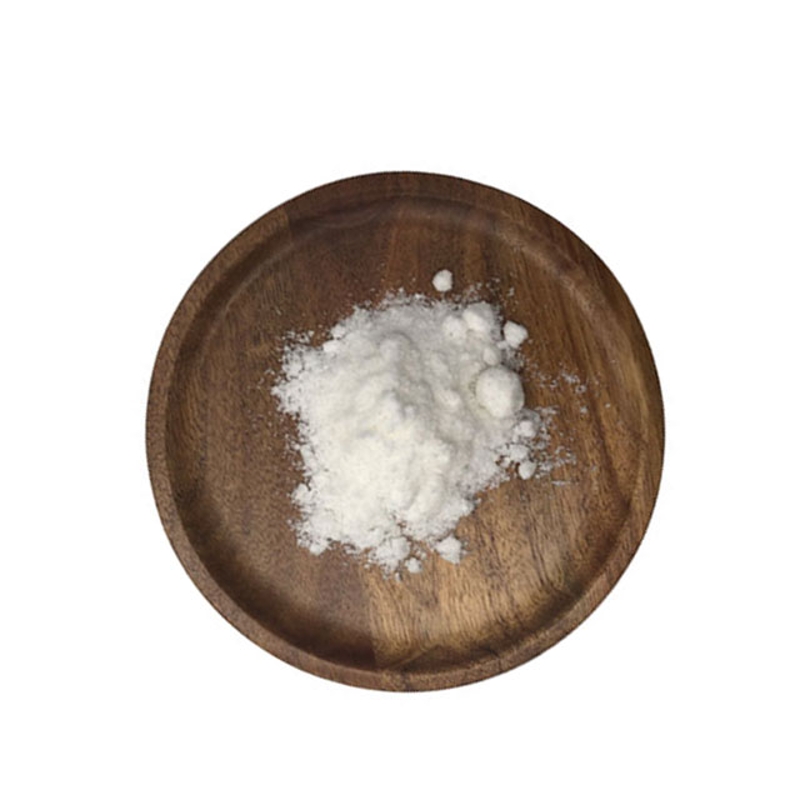-
Categories
-
Pharmaceutical Intermediates
-
Active Pharmaceutical Ingredients
-
Food Additives
- Industrial Coatings
- Agrochemicals
- Dyes and Pigments
- Surfactant
- Flavors and Fragrances
- Chemical Reagents
- Catalyst and Auxiliary
- Natural Products
- Inorganic Chemistry
-
Organic Chemistry
-
Biochemical Engineering
- Analytical Chemistry
- Cosmetic Ingredient
-
Pharmaceutical Intermediates
Promotion
ECHEMI Mall
Wholesale
Weekly Price
Exhibition
News
-
Trade Service
Parkinson's disease (PD) is a neurodegenerative disease in which the main motor symptoms are tremor, bradykinesia, stiffness and postural imbalance
.
Parkinson's disease is characterized by selective loss of dopaminergic neurons in the substantia nigra, accumulation of α-synuclein in Lewy bodies and Lewy neurons
Figure 1 Title map of the paper
Figure 1 Title map of the paperThe so-called gut-brain axis and associated inflammatory conditions have gained a lot of attention in the etiology and pathogenesis of PD
.
Although still controversial, Braak's hypothesis suggests that, in some PD patients, the pathology may first begin in the enteric nervous system (ENS) and subsequently spread to the central nervous system (CNS) via the vagus nerve
.
Consistent with this, constipation can occur years before PD motor symptoms appear
Epidemiological studies have found that amputation of the gut-brain axis via the vagus nerve is associated with a lower risk of PD
.
Although the underlying mechanism of gut-brain interaction in PD etiology remains unclear, it may involve gut inflammation, gut permeability, and gut microbiota
One hypothesis is that gastrointestinal (GI) inflammatory triggers perturb gut microbiota composition, increase gut permeability, and induce α-synuclein aggregation in the ENS and subsequent retrograde transport to the CNS
.
In addition, inflammation and altered permeability of the gut promote chronic systemic inflammation and increase the permeability of the blood-brain barrier, which in turn may contribute to neuroinflammation and neurodegeneration in PD
This evidence has prompted investigations into gastrointestinal
.
Irritable bowel syndrome (IBS) is a functional bowel disorder characterized by recurrent abdominal pain or discomfort and changes in bowel habits
Digestive Irritable Bowel Syndrome
The pathogenesis of IBS is complex and has traditionally focused on motor capacity, visceral sensation, dysfunction of the gut-brain axis, and psychological stress, whereas recent evidence has highlighted alterations in the gut microbiome, increased gut permeability, and immune activation involvement, such as low-grade mucosal inflammation
.
Few studies have examined the relationship between IBS and PD risk
.
A cohort study using data from the National Health Insurance Plan of Taiwan reported that IBS patients had a 48% higher risk of developing PD
diagnosis
With this, Bojing Liu et al.
, of Karolinska Institutet, used two large complementary databases, the Nationwide Health and Population Register and the Swedish Twins Register, to study the relationship between IBS and PD risk
.
The first analysis took advantage of a large sample size, while the second analysis had information on important potential confounders, including constipation, smoking, and alcohol consumption
They conducted a nested case-control study in the general Swedish population, including 56,564 PD cases identified from the Swedish Patient Register and 30 controls per case individually matched by sex and year of birth
.
The odds (ORs) and 95% confidence intervals (CIs) of ever being diagnosed with IBS were estimated using conditional logistic regression
Figure 2 Survival curve corresponding to IBS
Figure 2 Survival curve corresponding to IBSMeanwhile, 3046 IBS patients and 41 179 non-IBS patients identified by self-reported abdominal symptoms were followed using data from the Swedish Twin Registry
.
Using Cox proportional hazards models, they estimated hazard ratios (HRs) and 95% CIs for the risk of PD
.
In the nested case-control study, 253 (0.
4%) PD cases and 5204 (0.
3%) controls had a previous diagnosis of IBS
.
A diagnosis of IBS was associated with a 44% higher risk of PD (OR = 1.
44, 95% CI 1.
27-1.
63)
.
44, 95% CI 1.
27-1.
63)
.
A diagnosis of IBS was associated with a 44% higher risk of PD (OR = 1.
44, 95% CI 1.
27-1.
63)
.
Time-relational analysis showed that more than 5 and 10 years after IBS diagnosis, the risk of PD increased by 53% and 38%, respectively
.
In a cohort analysis based on the Swedish Twin Registry, there was no statistically significant increase in PD risk associated with IBS (HR=1.
25, 95%CI=0.
87-1.
81)
.
These results suggest that the risk of diagnosing PD is higher after IBS
.
These results provide additional evidence supporting the importance of the gut-brain axis in PD
.
Original source:
Liu B, Sjölander A, Pedersen NL, et al.
Irritable bowel syndrome and Parkinson's disease risk: register-based studies.
npj Parkinsons Dis.
2021;7(1):5.
doi:10.
1038/s41531-020-00145 -8
Original source:
Liu B, Sjölander A, Pedersen NL, et al.
Irritable bowel syndrome and Parkinson's disease risk: register-based studies.
npj Parkinsons Dis.
2021;7(1):5.
doi:10.
1038/s41531-020-00145 -8 Irritable bowel syndrome and Parkinson's disease risk: register-based studies.
npj Parkinsons Dis.
Leave a comment here







